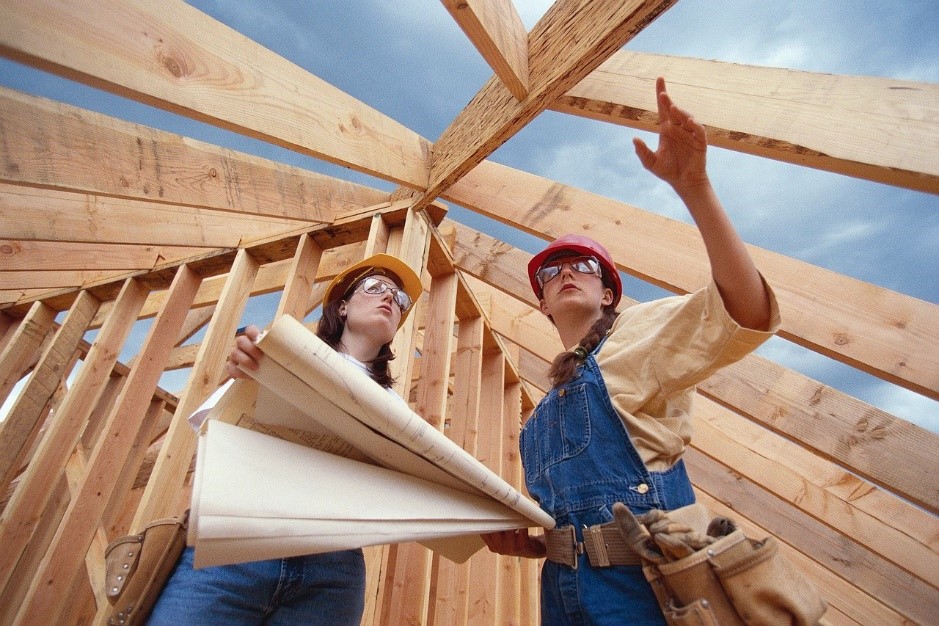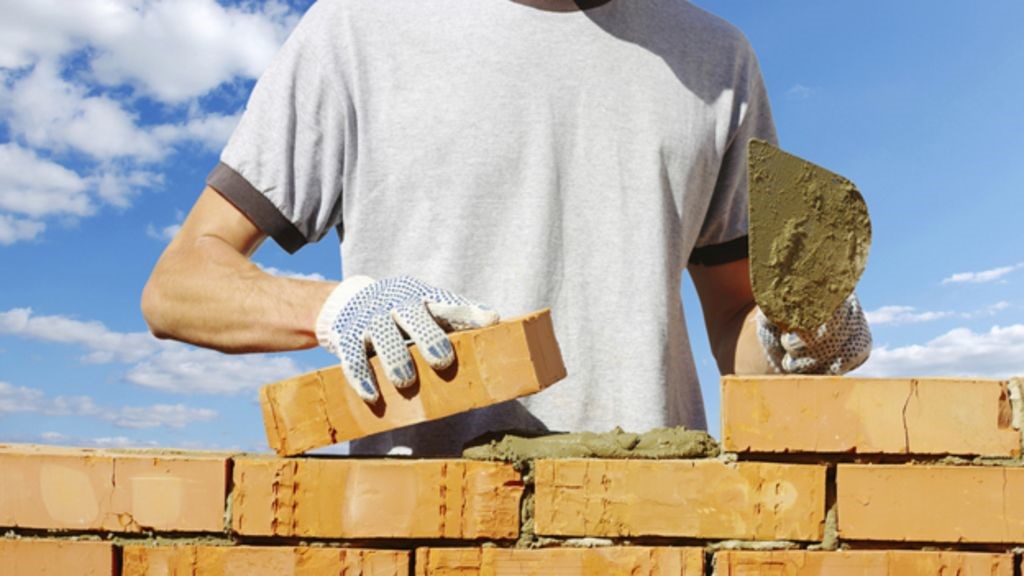
Getting everything in order before you have building work completed will save you a lot of time, anxiety and cash. Taking a methodical approach like this should also mean you can avoid potential issues with contractors or builders and plumbers etc.

Step 1: Check whether you need permission or approval
You may need to get more than one type of permit or approval before continuing work at your home.
Always check:
building regulations – You may need this approval even for minor repairs, such as replacing windows or doors
planning permission – You usually need this to build something new or make major changes, for example extensions
You do not need to submit your application for building regulations yourself if you hire a contractor registered with a ‘competent person’ scheme. This is a scheme approved by the government.
If you do not use a contractor registered with a competent person scheme, you must send the building notification or complete package application to the Building Control Agency. You also have to pay a fee for them to come and check the work you have done.
If you have to get approval or permission
You may need to pay for the services of an architect or a surveyor to help you apply for building regulations or planning permits. If you have trouble paying for this, visit your local Citizens Advice and ask about applying for a Chartered Surveyor Voluntary Service.

If you are in a conservation area
You should also check with your local council before doing work in your home if you are in a conservation area.
Step 2: How to find a good builder or contractor
Recommendations and references are a good way to find reliable contractors who do a good job. For trusted Construction Companies Manchester, visit https://www.piggottandwhitfield.co.uk/building-services/
If you can’t get personal recommendations from people you know, ask for references from contractors. The best way is to get:
2 or 3 recent examples of similar work they have done
Contact details for people who have had work done – it’s best to contact them because written references are not always original
Avoid contractors who won’t give references – that’s a sign they might not be honest.
Make a proper inspection
It is dangerous to use someone who does not know what they are doing, especially for anything involving gas or electricity.
You must use:
a registered gas engineer for gas work, for example installing a boiler or stove
a registered electrician for electrical work, for example installing new lighting or re-installation
You should also check whether the contractor is a member of an approved trading scheme.
Check what the contractor said
It’s best to check what the contractor or their website says – especially if they knock on your door or call you to offer their services. For example, you can:
ask to see business cards or letterheads, or get full contact details, then call the business to check their whereabouts and that the contractor works for them
ask to see proof of qualifications – for example NVQ in construction for builders or cards from the Construction Skills Certification Scheme (trade associations can tell you about qualifications for certain types of jobs)